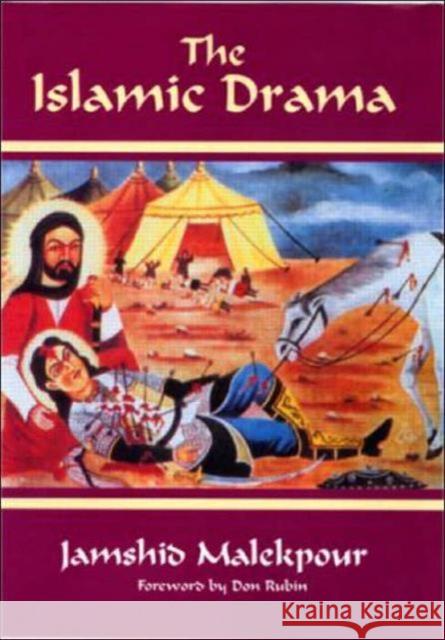The Islamic Drama » książka
The Islamic Drama
ISBN-13: 9780714655659 / Angielski / Twarda / 2004 / 256 str.
The Islamic Drama
ISBN-13: 9780714655659 / Angielski / Twarda / 2004 / 256 str.
(netto: 699,68 VAT: 5%)
Najniższa cena z 30 dni: 705,23
ok. 16-18 dni roboczych.
Darmowa dostawa!
Described by the distinguished theatre director Peter Brook as a very powerful form of theatre, the Ta'ziyeh is the Islamic drama of Iran. This work examines the evolution of the Ta'ziyeh, which involved elements drawn from Zoroastrianaism, Mithraism, mythology, folklore and traditional forms of Iranian entertainment. In its final form, most of its elements - plot, character, thought, spectacle and song - derive from the Shi'a branch of Islam. Its main plot concerns the suffering and death of Imam Hussein, grandson of the Prophet of Islam. In 680 AD he and his family were massacred in the Karnala Plain near Baghdad by the soldiers of the Caliph, Yazid. The Ta'ziyeh's highest point came during the reign of Nasseredin Shah (1848-96), who built a magnificent playhouse, the Takieh Dowlat, in Tehran. In the 1930s it was banned by the Pahlavi regime, and Ta'ziyeh groups were forced to take refuge in remote rural areas. In the 20th century it was attacked by pro-Western and nationalistic movements who saw performances as encouraging social stagnation. Despite the setbacks, today it is still possible to see performances of the Ta'ziyeh throughout Iran.











